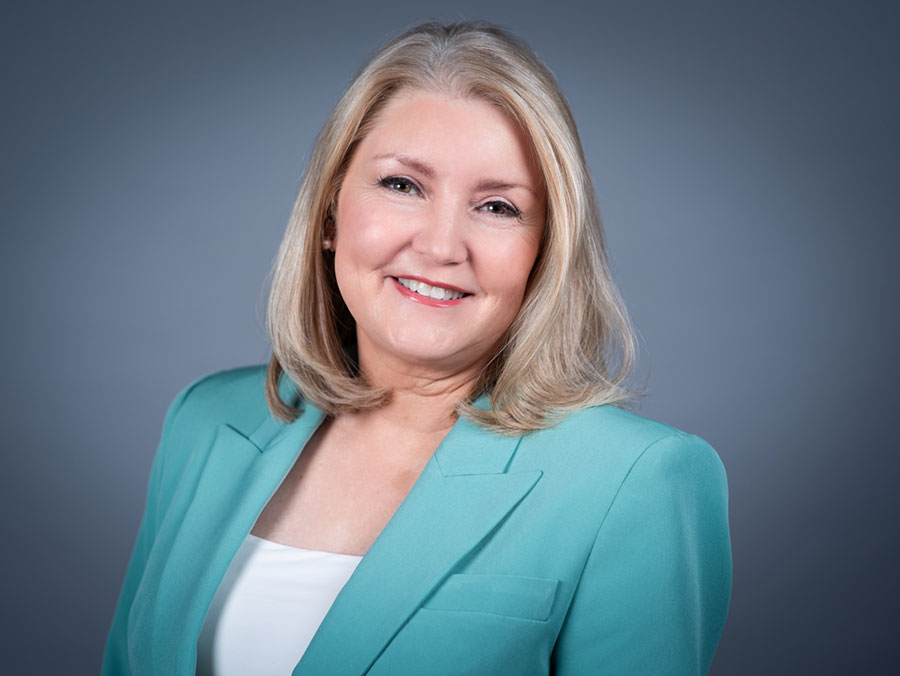Her time at UNT served as a huge influence in her life, and the late professor John Gossett played a major role.
"He created a climate, both in the classroom or when you visited him in his office,
of being open to a robust debate of ideas and issues," she says. "He was good about
asking pointed questions -- challenging students, but also was supportive of students
and their goals. He was just a wonderful mentor."
She was teaching undergraduate courses in communication and, while at UNT, decided
to pursue a career as a college professor teaching communication at community colleges.
After graduating from UNT, she did just that, teaching at Prince George's Community
College in Maryland; Midland College in West Texas; and Nash Community College in
Rocky Mount, North Carolina.
She settled in Cary, North Carolina, with her husband, Brian Holland, who attended
UNT from 1986 to 1987 and now works as an attorney. She taught for about 20 years
before leaving to pursue consulting work and write college textbooks. Her book, Working in Groups, is now in its eighth edition.
It was while in North Carolina that she was drawn to the League of Women Voters for
its grassroots organization and non-partisan philosophy. In its 104 years, it has
never endorsed a political candidate.
The league is focused on giving voters the information they need, such as the positions
of the candidates and ballot initiatives, on its website Vote411.org and through local printed guides.
Wynn started as a volunteer, registering people to vote. She joined the local board
and later served as its president. For the last several years, she served on the national
board and was elected president at the league's national convention in June.
"It was not my ambition nor my expectation, so I cannot tell you how both honored
and humbled I am to find myself in this role," she says.
